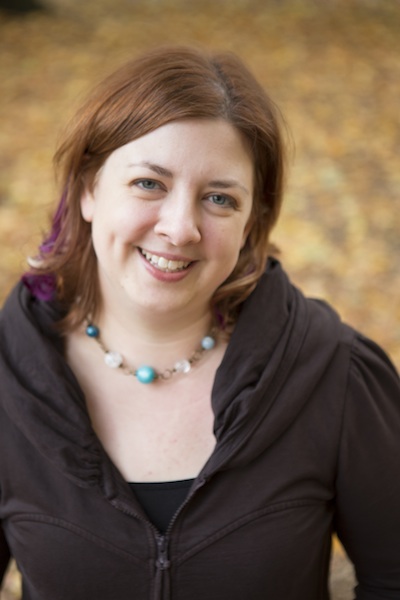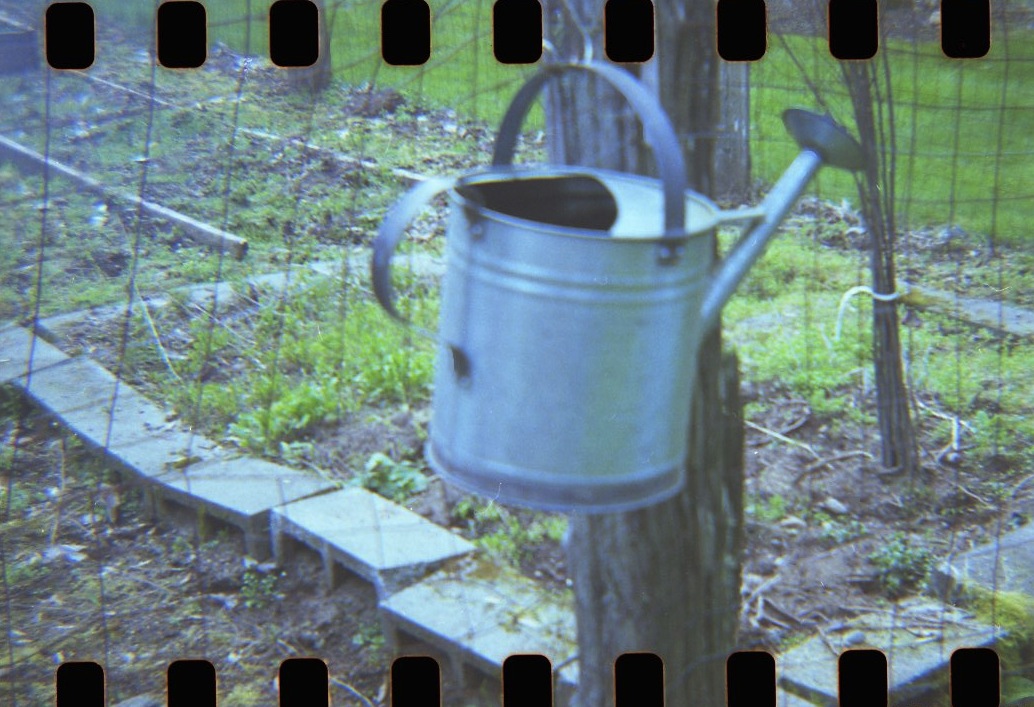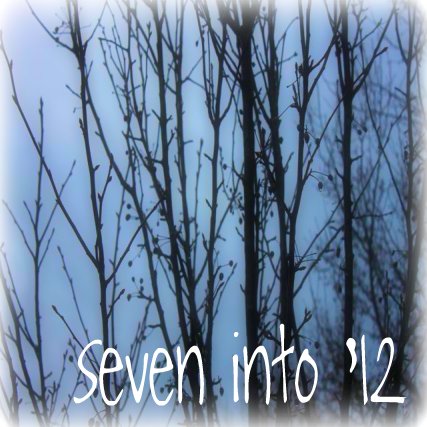New Courses, Workshops, & an Ebook
 Friday, January 20, 2012 at 12:37AM
Friday, January 20, 2012 at 12:37AM So... I do this weird and counterproductive thing sometimes. I work like a madwoman behind the scenes getting new projects ready to unveil to the world, I post them to the site, and then I neglect to tell you about them. Not the most sense does this make, I know. The thing is, I get so tired with all the planning that I decide to take a little breather to catch my breath. Not a bad idea in general, but I know some of you have been waiting for me to announce my new writing courses.
Something new this time around is that I've made sure I have something for writers at many different levels...
...from introductory (you've never written before or have just dabbled)...
...to intermediate (you write a little bit to a good bit, but you want to learn and grow)...
...to intensive (you've been writing for awhile now and you're ready to share your work and get serious feedback on it).
And so, with a bit of an apology for the delay, without a drum roll, and perhaps with just a smidgen of fanfare...they're here!
I thought I'd give you an overview of everything now, and then do a few separate posts about the story behind each offering.
 First up is something completely new here: The Word Cellar Writing Workshops. I'm pretty excited about them. These are intensive level, MFA-style workshops in which a small group of writers share their work and offer each other feedback. Each session is limited to just four writers, and the first round starts February 1.
First up is something completely new here: The Word Cellar Writing Workshops. I'm pretty excited about them. These are intensive level, MFA-style workshops in which a small group of writers share their work and offer each other feedback. Each session is limited to just four writers, and the first round starts February 1.
**If you write prose (fiction or nonfiction) and have been longing for serious feedback and community with other creative souls who are dedicating themselves to the writing life, please consider joining us.
**You'll get five group calls (with one call devoted to your work), a private blog for resources, inspiration, and support, plus a private 50-minute coaching session with just you and me.
**I've tricked out these workshops with so much support and feedback because I know some of you are out there aching for this kind of community and growth.
The exact dates for the first session are posted over here, but if you want in on this experience and can't do those dates, please contact me first before you write it off. Since the group is so small I can be flexible in a way that I can't with my other courses. So if this is calling to you, let me know. (I'll post more later about why sharing our writing in a safe environment can be so good for our work. And if you have no workshopping experience, fear not! None required. One of the components of this experience will be learning about how to give -- and how to receive -- useful, kind, respectful feedback.) Sign-ups are now open. (And questions are welcome.)
** ** **
 Next up, I'm calling all stalled writers and all of you wish-to-be-writers! Calling all artists who dabble in words, all photographers who think they might want to write a poem. Calling all dancers and cooks and mamas and accountants and lawyers and teachers and anyone and everyone who has a secret (or not so secret) desire to put a few words together, to whisper their stories onto the page, to tell a truth or weave a tale or just write one sentence at a time. You are all invited to my newest Alchemy ecourse: Alchemy Inspiration: Start Writing. This is a 4-week online course (introductory to intermediate level) for anyone who wants to write. It all starts Februay 6.
Next up, I'm calling all stalled writers and all of you wish-to-be-writers! Calling all artists who dabble in words, all photographers who think they might want to write a poem. Calling all dancers and cooks and mamas and accountants and lawyers and teachers and anyone and everyone who has a secret (or not so secret) desire to put a few words together, to whisper their stories onto the page, to tell a truth or weave a tale or just write one sentence at a time. You are all invited to my newest Alchemy ecourse: Alchemy Inspiration: Start Writing. This is a 4-week online course (introductory to intermediate level) for anyone who wants to write. It all starts Februay 6.
This is a fun, gentle, and inspiring course to help you do the following:
**Find the stories around and within you
**Uncover and use your writing voice(s).
**Explore your unique creative process.
**Give yourself the time, space, and permission to write.
**Connect with other writers in a private online community.
Registration for Alchemy Inspiration is now open, and class starts February 6. I would love to have you join us!
** ** **
 Back again for its fourth appearance is Alchemy: The Art & Craft of Writing. This 6-week course (for intermediate to intensive writers) starts April 2 and is designed to help you deepen and w i d e n your writing. It's packed with writing techniques, tips, and inspiration to help you transform your words and ideas into meaningful stories.
Back again for its fourth appearance is Alchemy: The Art & Craft of Writing. This 6-week course (for intermediate to intensive writers) starts April 2 and is designed to help you deepen and w i d e n your writing. It's packed with writing techniques, tips, and inspiration to help you transform your words and ideas into meaningful stories.
**Learn writing techniques to create beautiful, meaningful stories that connect with readers.
**Discover tips and tricks to overcome your writing challenges.
**Embrace the creative life and enliven your writing.
**Connect with other writers in a private online community.
Plus, you've been asking for it, and I'm finally going to have it for you: an ebook of the lessons in Alchemy: The Art & Craft of Writing.
And good news for alumni of this course: you'll be able to get the ebook, too. It won't be ready until this spring, but I will contact all past participants when it's available.
As always, this course will overflow with a beautiful combination of the practical and the inspirational. Registration is open for the session that starts April 2. This course is a piece of my heart's work. I love and deeply believe in the material in it, and I'd be honored if you joined in.
** ** **
 And finally, not a course exactly, but a new body for a past course. Alchemy Daily is now available as an ebooklet over in The Word Cellar bookshop. These 30 prompts and tidbits of inspiration are appropriate for all levels. I have a love-hate relationship with prompts (leaning more toward love all the time), so I'm pretty picky about the kinds of prompts I included. I also tried to include a wide variety of prompts so everyone will find something that gives them a creative spark.
And finally, not a course exactly, but a new body for a past course. Alchemy Daily is now available as an ebooklet over in The Word Cellar bookshop. These 30 prompts and tidbits of inspiration are appropriate for all levels. I have a love-hate relationship with prompts (leaning more toward love all the time), so I'm pretty picky about the kinds of prompts I included. I also tried to include a wide variety of prompts so everyone will find something that gives them a creative spark.
I may bring Alchemy Daily back as an ecourse again, but for now it's available anytime, anywhere for immediate download.
(A note to Alchemy Daily alumni: This edition of the ebooklet contains most of the prompts that were used during the 30-day sessions of Alchemy Daily during 2011. If you participated in a session of Alchemy Daily that did not include the ebooklet, you can purchase it for a discounted rate. Details are over here.)
** ** **
As I said, I'll be back with some stories and behind-the-scenes stuff about each of these. Any questions? Just let me know!







